Homeopathy: A Critical Look at a Pseudoscientific Practice
The term “homeopathy” has sparked debate for centuries. Often presented as a “natural” alternative to conventional medicine, it’s been embraced by some practitioners and patients seeking remedies for various ailments. However, its effectiveness and scientific underpinnings have been widely questioned, leading many to compare it to “magic” rather than a legitimate medical discipline. Here at befullbehealth.com, we’re diving deep into what homeopathy is, its origins, principles, and why the scientific community largely considers it a pseudoscience. We’ll take a critical look, breaking down the arguments for and against with a foundation of reliable sources, to offer you a clear and informed perspective.
So, What Exactly is Homeopathy?
Homeopathy is a system of alternative medicine developed in the late 18th century by German physician Samuel Hahnemann. It’s built upon two core principles:
- “Like cures like” (Similia similibus curentur):
The idea here is that a substance that causes symptoms in a healthy person can cure those same symptoms in a sick person, provided it’s administered in extremely diluted doses. - The Law of Infinitesimals:
Hahnemann proposed that the more diluted a substance is, the greater its therapeutic potency. In practice, homeopathic remedies are often so diluted that they contain not a single molecule of the original substance!
For example, a homeopathic remedy might start with a substance like belladonna, which is toxic in normal doses. But after multiple dilutions (often in ratios of one part per million or even less), it’s supposed to gain healing properties. These remedies typically come in the form of sugar pellets, drops, or tablets.
On the surface, homeopathy might seem like an appealing option for those seeking “natural” or less invasive treatments. However, the lack of robust scientific evidence and principles that seem to defy the laws of chemistry and biology have led many experts to label it a pseudoscientific practice, in some ways comparable to “magic” or wishful thinking.
Tracing the Origins of Homeopathy
Homeopathy emerged in a historical context where conventional medicine was limited and, frankly, often dangerous. In the late 18th century, practices like bloodletting, harsh purges, and the use of mercury were common, frequently causing more harm than good. Samuel Hahnemann, frustrated by the methods of his time, sought a gentler alternative. Inspired by the observation that small doses of quinine could treat malaria, he developed the concept that diluted substances could have curative effects.
Hahnemann published his seminal work, The Organon of the Healing Art, in 1810, detailing the principles of homeopathy. At the time, his approach seemed innovative, advocating for less aggressive treatments. However, subsequent scientific advancements, such as the discovery of microorganisms, modern chemistry, and controlled clinical trials, have cast serious doubt on homeopathy’s foundations.
The Principles of Homeopathy: Science or Sorcery?
1. The Law of Similars
The principle of “like cures like” simply lacks scientific backing. In conventional medicine, for instance, we use antihistamines to block the effects of histamine in allergies, not to administer more diluted histamine. There’s no evidence to suggest that inducing symptoms similar to a disease can cure it, especially not in the extreme dilutions proposed by homeopathy.
2. Extreme Dilutions
The second pillar, the Law of Infinitesimals, posits that diluting a substance to infinitesimal levels increases its potency. In reality, many homeopathic remedies are diluted to such an extent that they surpass Avogadro’s number (6.022 x 10^23). This means there isn’t a single molecule of the original substance left. For instance, a 30C dilution (which is 1 part in 10^60) is equivalent to dissolving one drop of a substance in a volume of water larger than the observable universe.
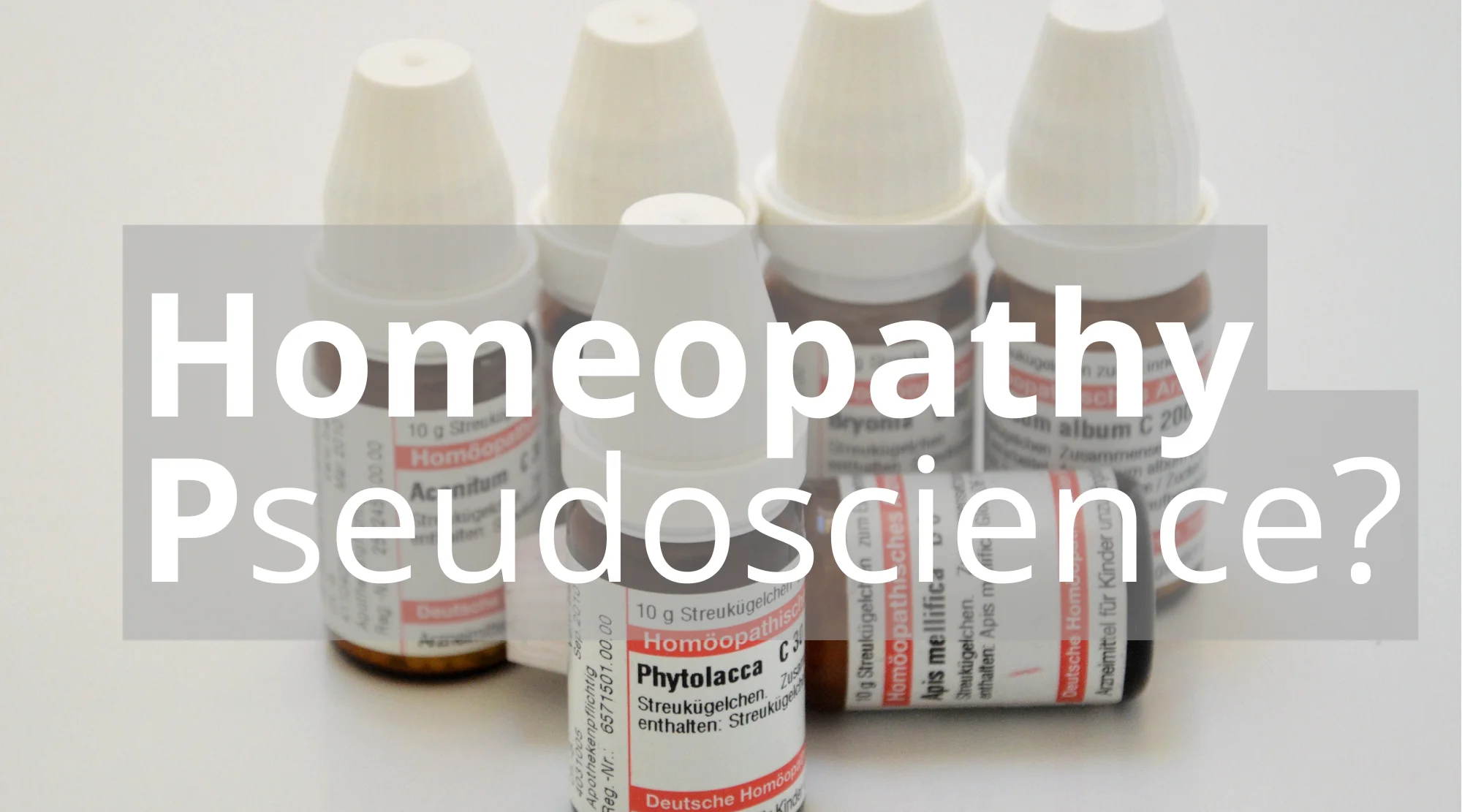
Homeopaths often argue that water retains a “memory” of the original substance, a concept that is not supported by modern physics or chemistry. According to a 2015 article in Nature, studies on the “memory of water” have failed to find reproducible evidence supporting this theory. This concept, leaning more towards mysticism than science, is a key reason why homeopathy is often likened to magic.
3. Individualization
Another facet of homeopathy is the personalization of treatments. Homeopaths claim that remedies must be tailored to each individual patient, considering not only physical symptoms but also emotional and psychological aspects. While this personalized attention can seem appealing, there’s no evidence to suggest it’s more effective than an approach based on objective diagnoses.
Homeopathy Under Scientific Scrutiny
The scientific community has rigorously examined homeopathy through numerous studies and systematic reviews. The findings are consistently clear: there is no robust evidence that homeopathy is any more effective than a placebo.
Key Studies and Reviews
- The Lancet Review (2005): A landmark meta-analysis published in The Lancet compared 110 homeopathic studies with 110 studies of conventional medicine. The results revealed that the effects of homeopathy were indistinguishable from those of placebo, while conventional treatments demonstrated significant benefits.
- NHMRC Report (2015): The Australian National Health and Medical Research Council (NHMRC) reviewed 225 studies on homeopathy and concluded that “there are no health conditions for which there is reliable evidence that homeopathy is effective.”
- Cochrane Reviews: Reviews from the Cochrane Library, a highly respected source for evidence-based medicine, have consistently found that homeopathy shows no significant benefits for any medical condition.
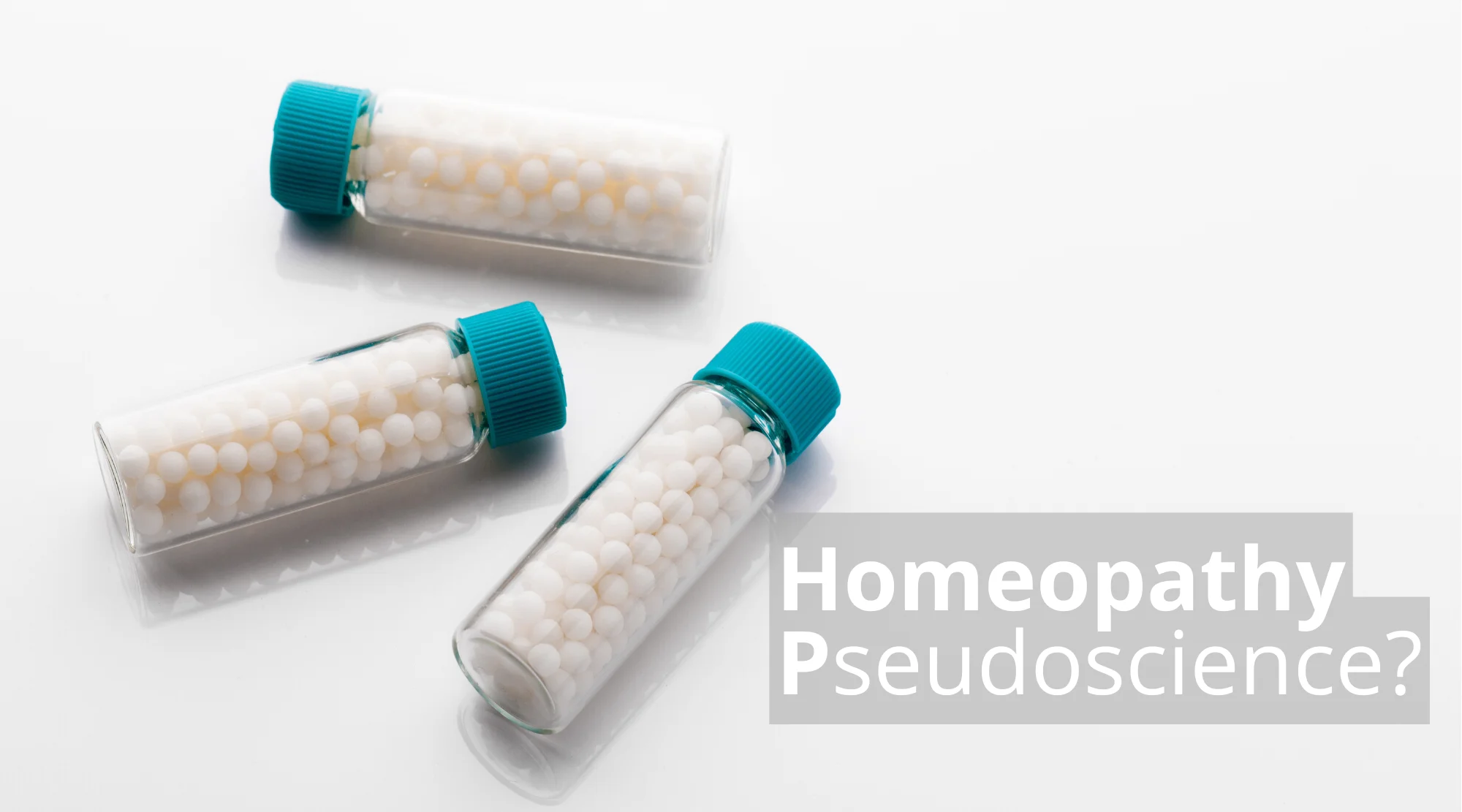
The Placebo Effect: A Powerful Illusion
The placebo effect is a well-documented phenomenon where patients experience improvements not due to the treatment itself, but because of their belief in its efficacy. Homeopathic remedies, being essentially water or sugar, are prime candidates for eliciting this effect. The personalized attention from homeopaths, combined with the patient’s expectation, can certainly lead to a perceived improvement. However, this perception doesn’t equate to homeopathy having a genuine therapeutic effect.
Why Does Homeopathy Persist?
Despite the overwhelming lack of scientific evidence, homeopathy continues to be popular in many countries. There are several reasons for its enduring presence:
- Distrust in Conventional Medicine: Some patients, feeling disillusioned by the side effects of pharmaceuticals or having had negative experiences with traditional medicine, seek alternatives they perceive as safer or more “natural.”
- Marketing and Perception: Homeopathy is often marketed as a “holistic” and “side-effect-free” option, which naturally appeals to those who prefer to avoid conventional drugs. Major manufacturers have invested heavily in advertising campaigns.
- Support from Some Practitioners: While most medical associations and regulatory bodies worldwide state that homeopathy lacks a scientific basis, a small number of practitioners continue to offer it, lending it an unwarranted air of legitimacy.
- Anecdotes and Testimonials: Personal stories from individuals who claim to have experienced improvements with homeopathy are compelling, even though they lack scientific rigor.
Criticisms of Homeopathy: Magic Masquerading as Medicine?
The comparison of homeopathy to magic isn’t without merit. Its core tenets, such as the “memory of water” or the notion that extreme dilutions enhance a remedy’s power, lack scientific logic and resemble esoteric beliefs more than medical principles. Here are some specific reasons why homeopathy is widely classified as pseudoscience:
- Lack of a Biological Mechanism: There’s no scientific explanation for how a remedy without any active substance can exert therapeutic effects. The fundamental laws of chemistry and physics directly contradict homeopathic claims.
- Absence of Reproducibility: Studies that appear to support homeopathy are often of low quality, suffering from methodological flaws like small sample sizes or inadequate controls.
- Indirect Risks: While homeopathic remedies themselves are harmless due to their lack of active ingredients, relying on them to treat serious conditions like cancer or infections can lead to dangerous delays in seeking effective, evidence-based treatments, potentially endangering lives. A study published in JAMA Oncology (2018) found that cancer patients who opted for complementary therapies, including homeopathy, had a higher likelihood of death due to foregoing conventional treatments.
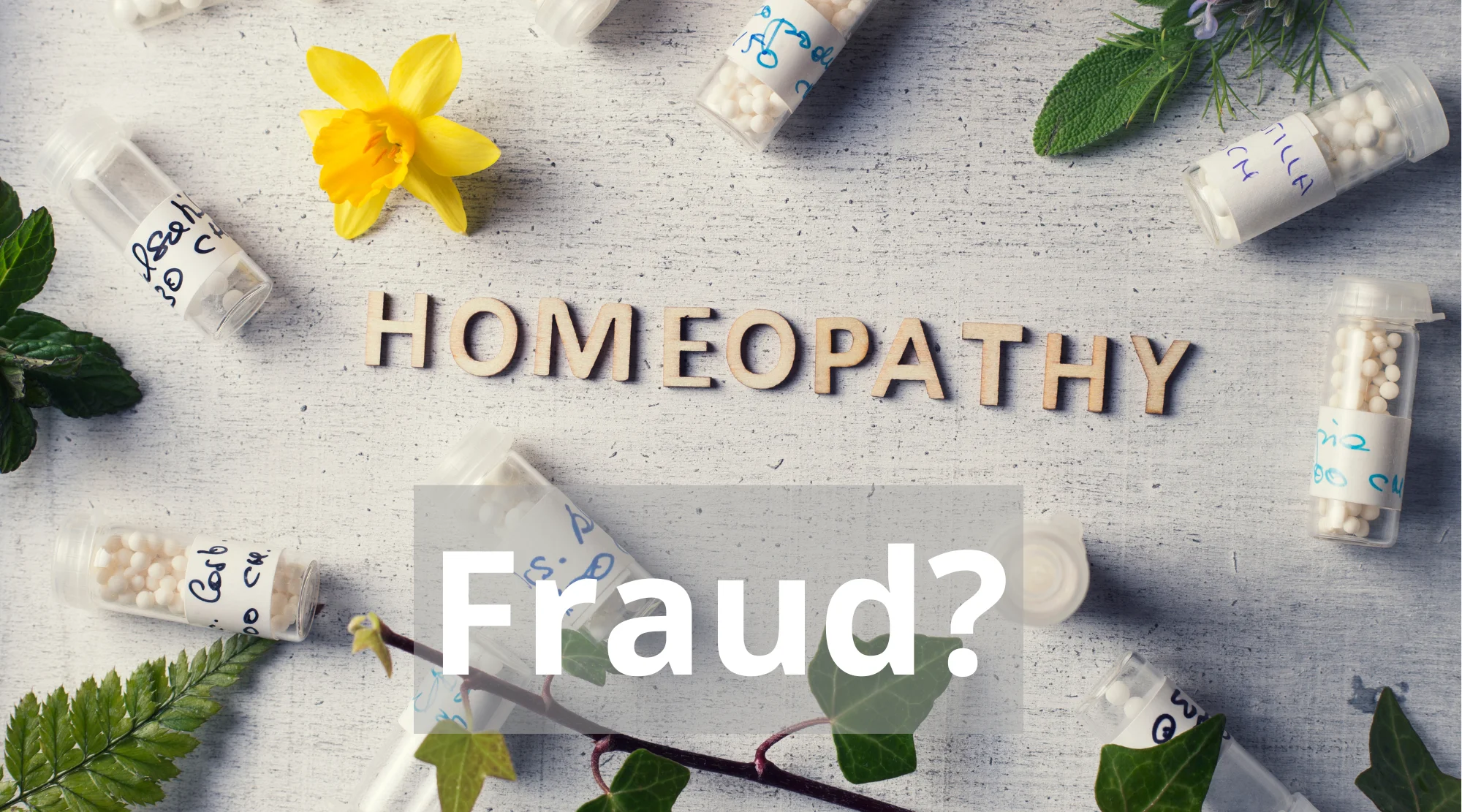
Homeopathy and Healthcare Systems
In some nations, homeopathy was historically covered by public healthcare systems, but this has been phased out in many places due to the lack of evidence. Even where it’s not covered, it’s often still offered by some medical professionals and pharmacies, contributing to patient confusion.
Organizations dedicated to public health and medical oversight have consistently warned that homeopathy should not be considered a valid alternative to evidence-based medicine. Governments in several countries have officially listed homeopathy among “pseudotherapies,” urging professionals to prioritize treatments with scientific backing.
Conclusion: Is Homeopathy a Legitimate Medical Discipline?
Homeopathy is not a legitimate medical discipline. Its foundational principles challenge the established laws of science, and the available evidence unequivocally shows that its effects do not surpass those of a placebo. While it might offer psychological comfort to some patients through the placebo effect and the attentive, personalized interaction with a practitioner, this doesn’t justify its use as a medical treatment. Often compared to magic for its lack of scientific basis, homeopathy poses a risk when it’s used as a substitute for effective medical care.
For those seeking natural alternatives, there are options supported by science, such as herbal medicine (phytotherapy) or acupuncture for specific conditions, always under medical supervision. The best way to safeguard your health is to rely on evidence-based medicine and consult qualified healthcare professionals. If you’re considering homeopathy, ask yourself: is it reasonable to trust a system that promises cures with “magical” water? Based on science, the answer is a resounding no.
Important Note: Always consult with your trusted physician for any health concerns. The information presented in these articles is for informational purposes only and should not be considered a substitute for professional medical advice.

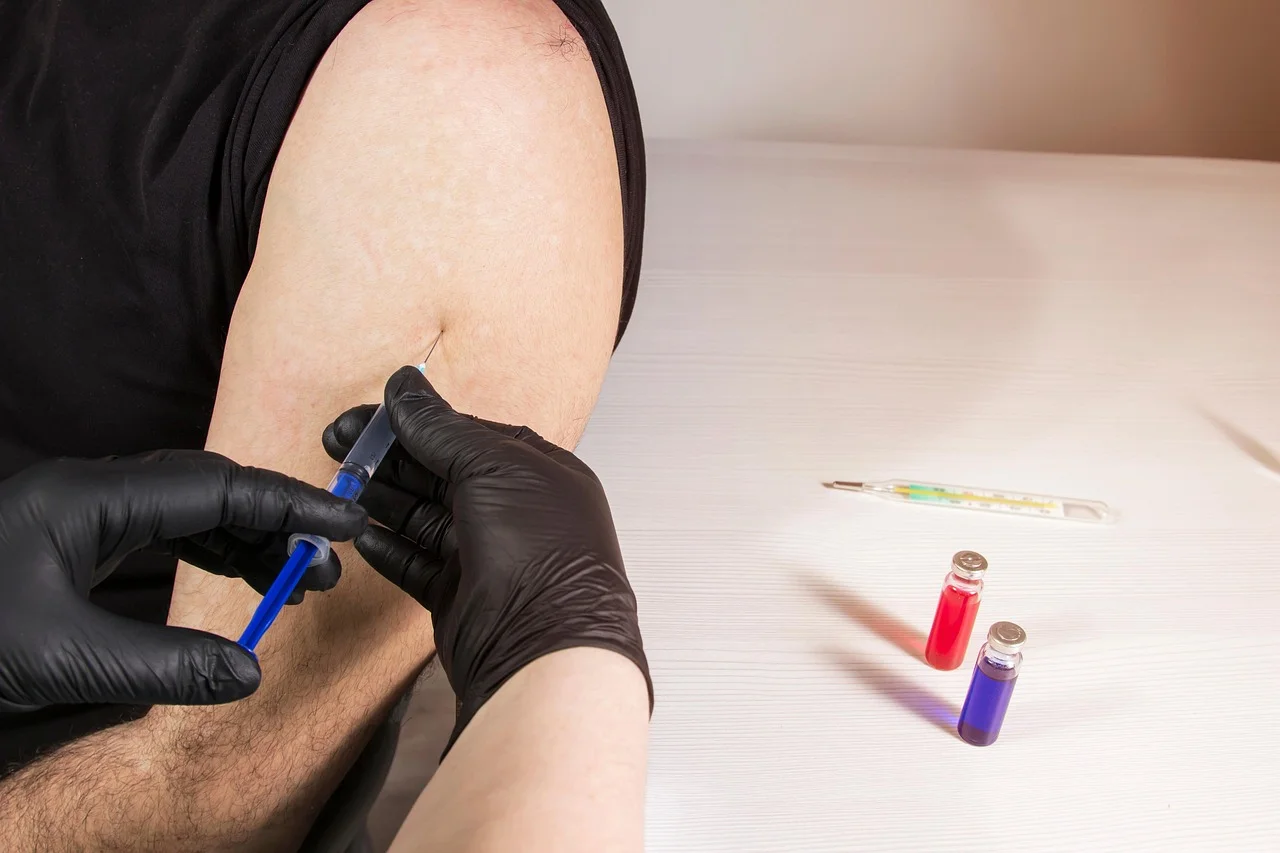
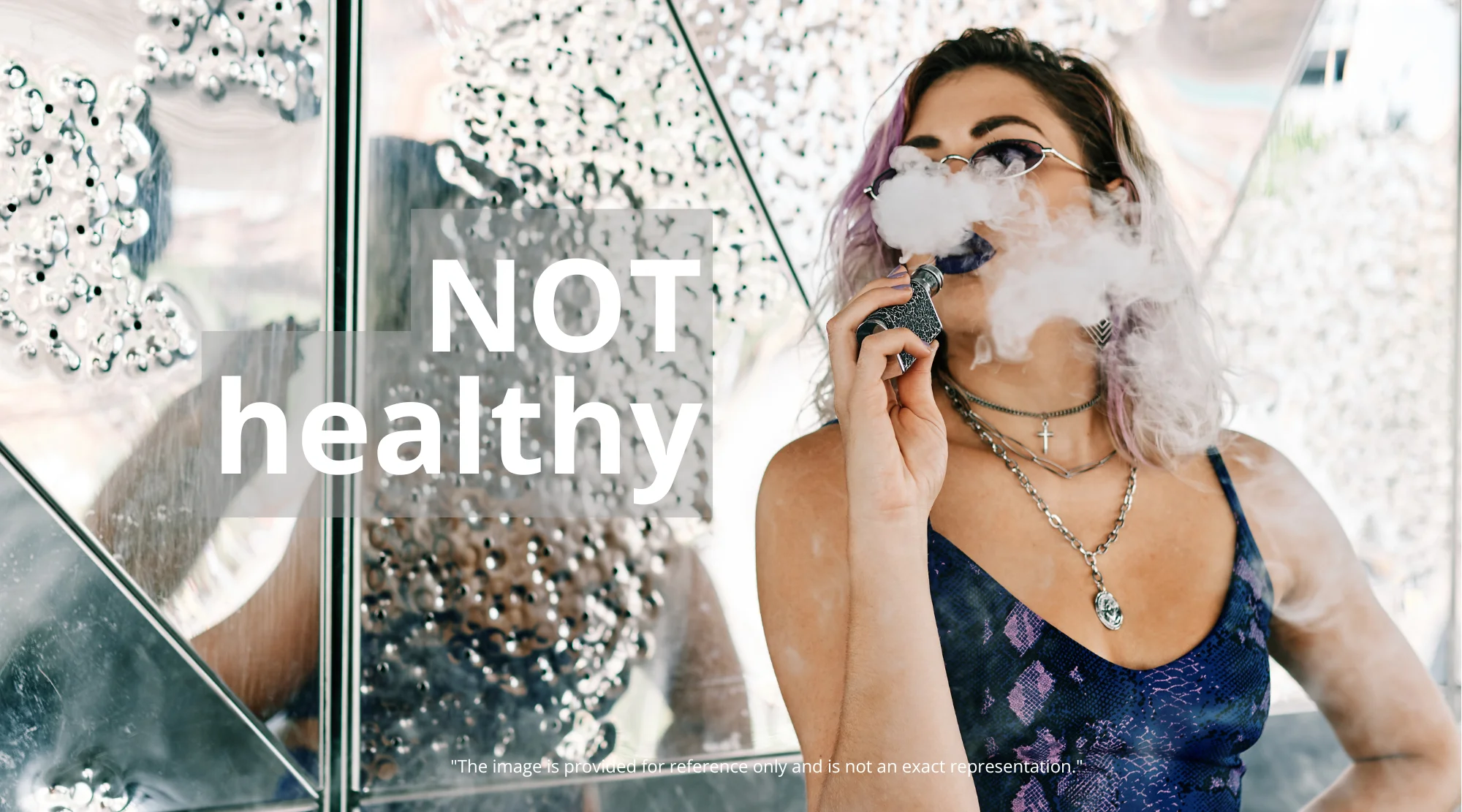
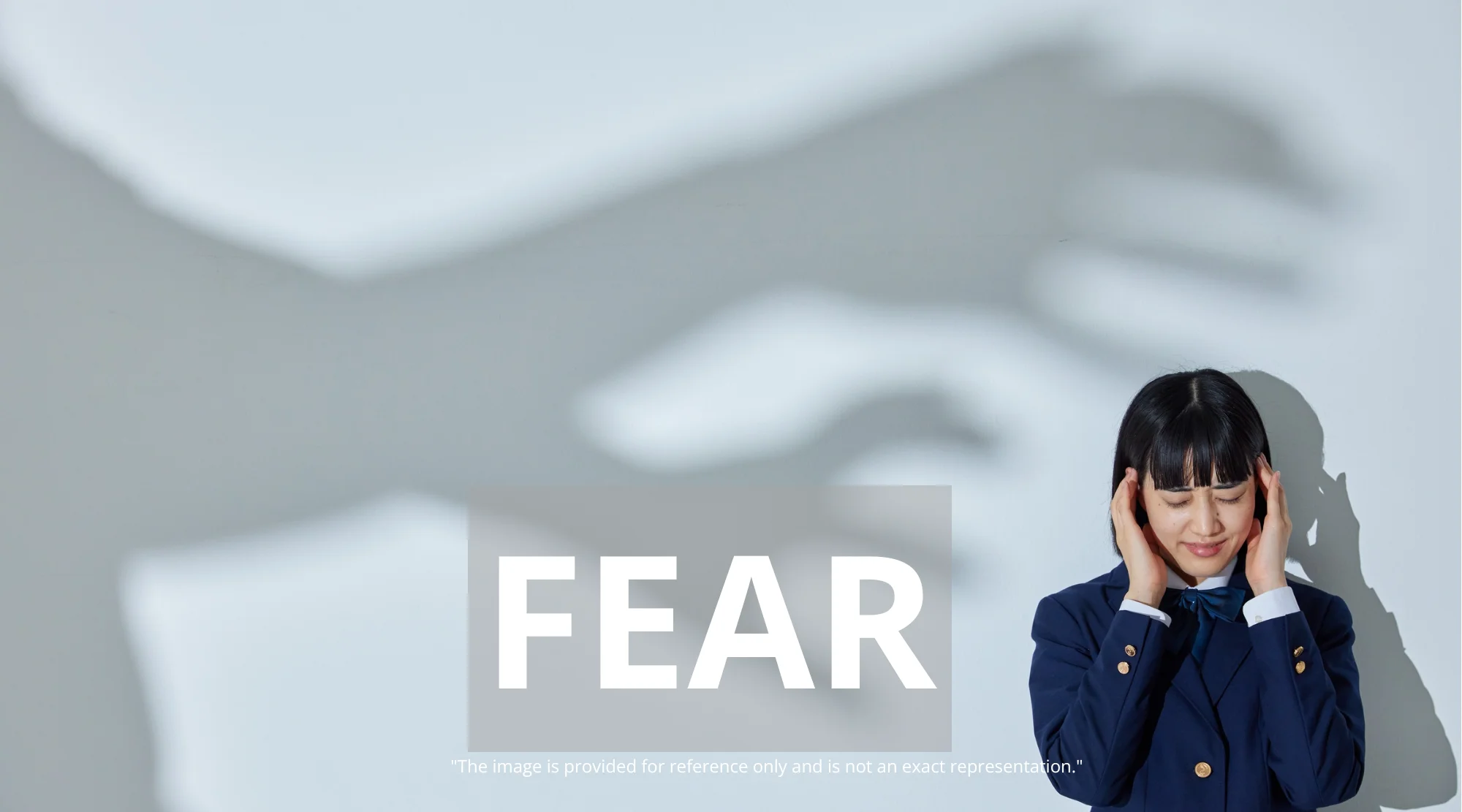










Post Comment